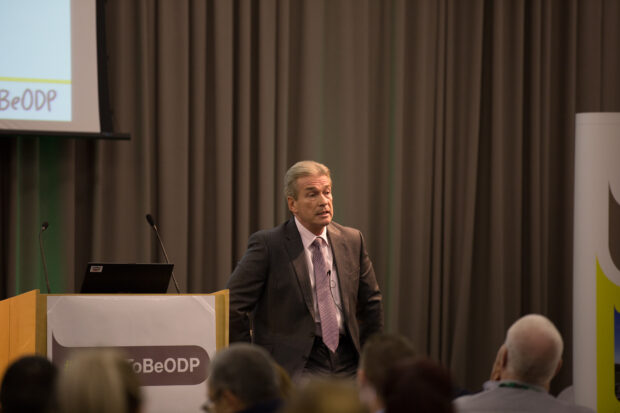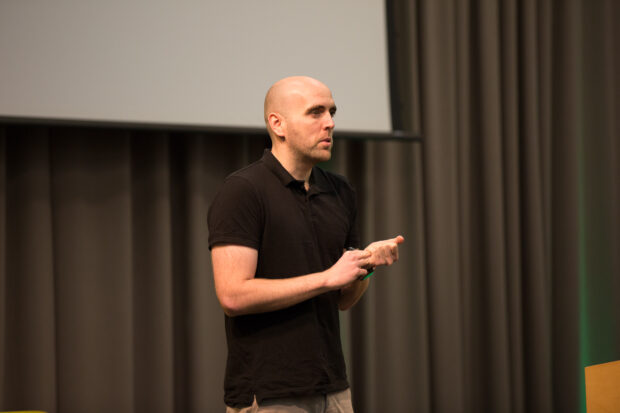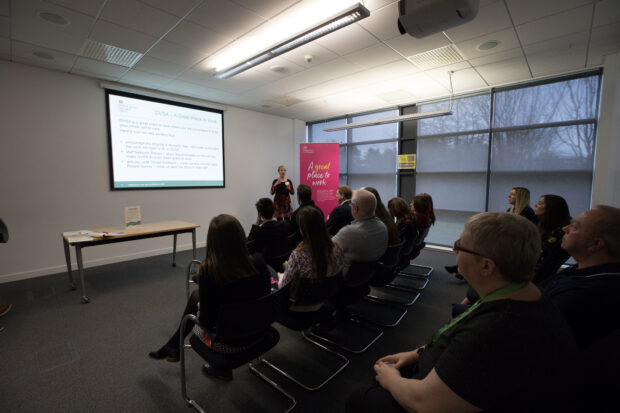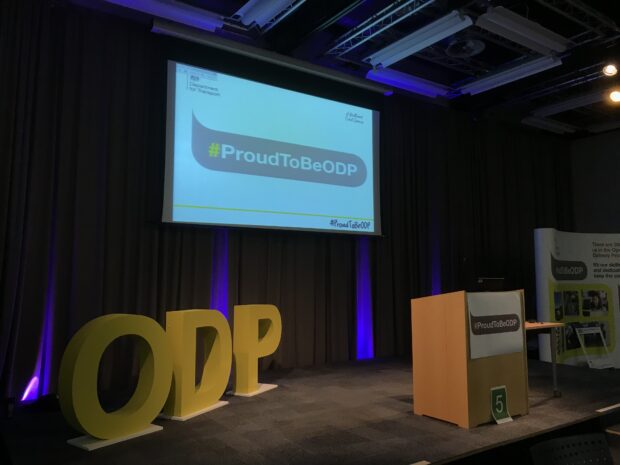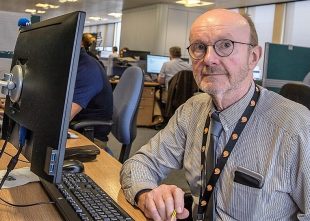What has happened since changes to vehicle tax rates were introduced?
This time last year, DVLA and the motor industry were gearing up for the new tax rules that came into force on 1 April 2017.
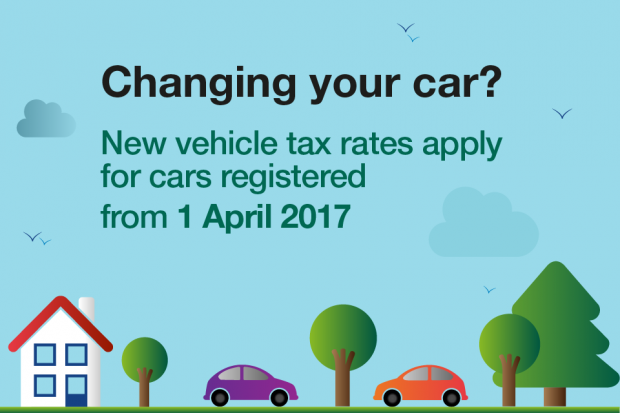
A lot has happened since, so I thought this would be a great time to update you and tell you about new changes on the horizon.
Tax reminders
Customers who bought a new car registered on or after 1 April 2017 will be getting their tax reminder (V11) through their letterbox from this month onwards.
These tax reminders will show the standard rate, or if the car had a list price of over £40,000, the standard rate plus the additional rate. See our vehicle tax rates for information.
New first registration service
During the past year, service designers here at DVLA have been working on our new first registration service. We have been working closely with manufacturers and dealers to ensure the service meets their needs as well as ours.
The new service will start the DVLA’s IT transformation, using APIs and cloud technology, while improving our internal IT estate.
Changes to tax rates for new diesel cars
In the Chancellor’s November budget, further changes to the way vehicle tax is calculated were announced. The change will apply to new diesel cars registered on or after 1 April 2018.
Put simply, new diesel cars registered from this date will have their first year rate calculated in line with the changes.
The rates will not apply to next-generation clean diesels. These are vehicles which are certified as meeting emissions limits in real driving conditions, known as Real Driving Emissions Step 2 (RDE2) standards.
The Chancellor also announced increases to current VED and standard rates in line with Retail Price Index (RPI) from the same date.
Other legislative changes
We have other changes to incorporate into our services. Some of these changes may be familiar to you, and include:
- Clean Air Zones (CAZ)
- General Data Protection Regulation (GDPR)
- World Harmonised Light Vehicle Test Procedure (WLTP)
There may be some of these that you, as a driver, will never know about or even need to. But we have to factor these into our processes when registering a vehicle for the first time.
No doubt there will be more changes to come and we need to make sure we can introduce these with minimal disruption to our customers and stakeholders.
We will continue to work closely with industry colleagues, trade bodies and motoring associations to keep moving forward. This helps us to improve our services and make them simple to understand and easy to use.
To check when the tax is due for your vehicle, go to gov.uk/check-vehicle-tax.
Follow DVLA on Twitter, Facebook and LinkedIn and subscribe to our Digital Services Blog.
